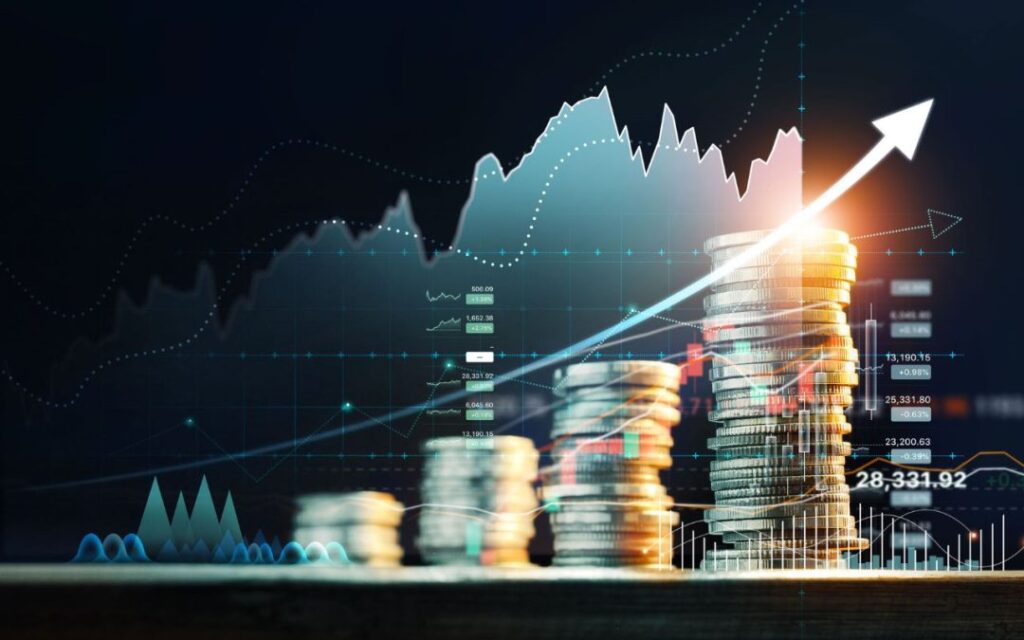The financial landscape in the Middle East is undergoing a transformation, and at the heart of this shift is the rise of forex trading. Traditionally recognized for its oil wealth and well-established banking sector, the region is now embracing currency trading as a key part of its economic strategy. This growth in currency trading is being driven by globalization, technological innovation, and an increasing understanding of the opportunities that the currency market offers.
Currency trading provides access to global markets around the clock, making it a versatile option for traders in the Middle East. Unlike stock markets that operate within specific hours, the 24-hour nature of forex markets aligns well with the Middle East’s geographic location between the major financial centers of Europe and Asia. This flexibility allows local traders to engage with financial markets at any time, capitalizing on opportunities as they arise.
Advancements in technology have played a crucial role in facilitating the expansion of currency trading in the region. Cutting-edge trading platforms now offer tools that were once the domain of institutional investors to everyday traders. These platforms are equipped with real-time data, automated trading capabilities, and sophisticated risk management tools, providing traders with the ability to make fast and informed decisions in a fast-paced market.
The capacity to react quickly to market shifts is particularly valuable in the forex market, where volatility is a defining characteristic. Middle Eastern traders are especially attuned to the region’s geopolitical developments, which can significantly impact currency values. With access to real-time analytics and responsive trading platforms, traders can act swiftly in response to these developments, giving them a distinct advantage in managing the risks and opportunities of the market.
In addition to creating individual opportunities, forex trading is contributing to broader economic changes across the Middle East. As countries in the region work to diversify their economies away from oil dependence, currency trading offers an alternative source of revenue. It enables both individuals and institutions to invest in global markets, creating new streams of income that are not solely reliant on the oil and gas sector. This shift is particularly notable in the United Arab Emirates, where currency trading complements sectors like tourism, real estate, and international banking, strengthening the country’s position as a global financial hub.
Alongside the rise of currency trading, regulatory frameworks in the Middle East are evolving to ensure transparency and fairness. Regulatory bodies in countries such as the UAE and Saudi Arabia have introduced stronger oversight to protect traders and maintain market integrity. These efforts are essential for building investor confidence and sustaining a stable and reputable trading environment, which is critical for the long-term success of forex markets in the region.
Education also plays an essential role in supporting the growth of forex trading. In response to the increasing popularity of the market, more initiatives are being launched to help traders, particularly newcomers, gain the skills and knowledge necessary to trade effectively. By promoting financial literacy and encouraging responsible trading practices, these educational programs are helping to cultivate a more informed and capable trading community across the Middle East.
However, trading in the Middle East comes with its own set of challenges. The region’s political and economic landscape can be unpredictable, with events such as geopolitical tensions and fluctuations in oil prices significantly influencing market stability. Traders must be skilled in navigating these risks, utilizing advanced trading strategies and risk management tools to protect their investments from sudden market shifts.
Despite these challenges, the opportunities offered by currency trading in the Middle East are immense. With abundant capital and a strategically advantageous location, the region is well-positioned to become even more integrated into global financial markets. Currency trading opens the door for local investors to participate in global economic movements while also inviting international traders to explore the potential of the Middle East’s growing markets.
